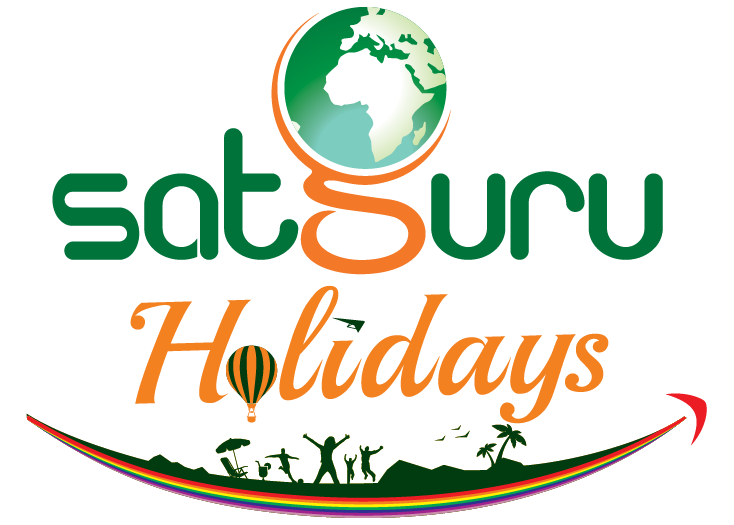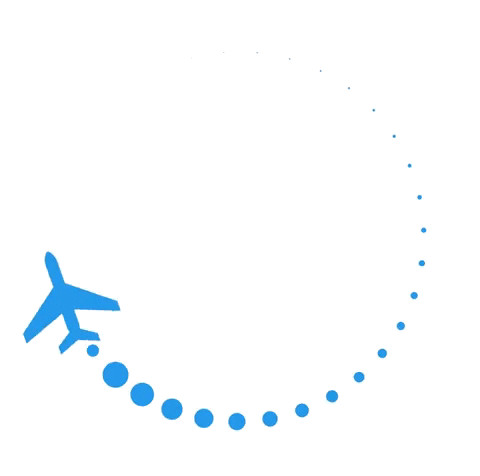

Gathering The Best Deals
Gathering The Best Deals
Searching for the best flights is in progress
Please wait
Budapest (BUD)
júl 6.
London (LON)
júl 7.
Budapest (BUD)
júl 6.
London (LON)
júl 7.
Budapest (BUD)
júl 6.
London (LON)
júl 7.
Budapest (BUD)
júl 6.
London (LON)
júl 7.
Budapest (BUD)
júl 6.
London (LON)
júl 7.
Here you will find the best deals.
Since we list the offers of all airlines you can easily compare them
Budapest (BUD)
Destination
júl 6.
Checkin
júl 7.
Checkout
júl 7.
Preference
Here you will find the best deals.
Since we list the offers of all hotels you can easily compare them
Searching for the best flights is in progress
Budapest (BUD)
júl 6.
London (LON)
júl 7.
Here you will find the best deals.
Since we list the offers of all airlines you can easily compare them
Satguru Holidays
Explore the world with our premier Tours and Travel Company.
loading...
Hotel Deals Of The Week
Great value Hotel only deals that you need to book.
Blog and News
An insight to the incredible experiences in the world
Bootstrap
2 seconds ago
Heads up, toasts will stack automatically
Bootstrap
Heads up, toasts will stack automatically

